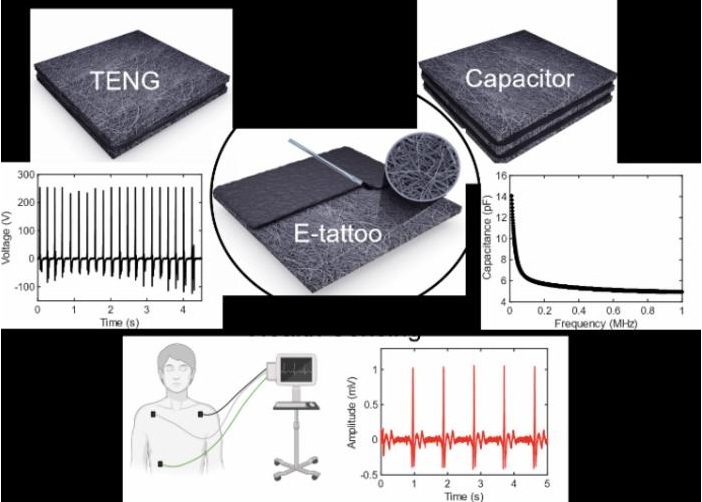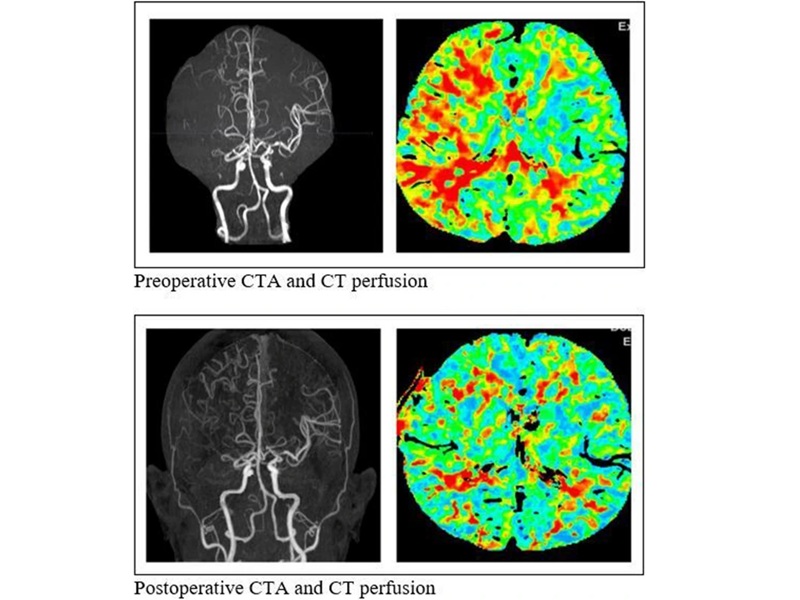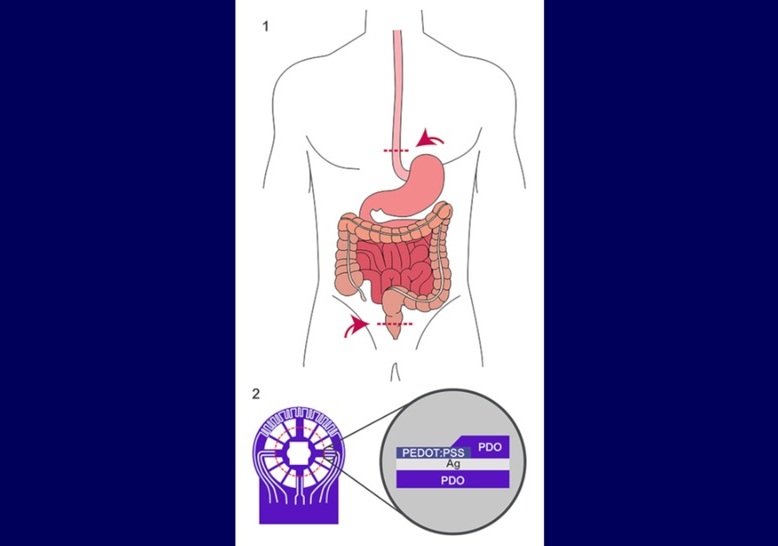FDA Offers Vote of Confidence for AI in Healthcare
|
By HospiMedica International staff writers Posted on 17 May 2018 |
FDA Commissioner Scott Gottlieb, MD, believes that artificial intelligence holds enormous promise for the future of medicine, and is actively developing a new regulatory framework to promote innovation and support the use of AI-based technologies in healthcare.
Speaking at the AcademyHealth (Washington DC, USA) annual Health Datapalooza, held during April 2018 in Washington (DC, USA), Commissioner Gottlieb said the FDA is fully expecting to see an ever-increasing number of AI-powered healthcare tools submitted for approval in the years to come, from imaging devices to technology derived from other industries such as finance that are already widely using AI platforms for fraud detection. The FDA, in turn, is developing improved strategies for regulation and launching new projects at the FDA's internal data science incubator.
The Information Exchange and Data Transformation (INFORMED) incubator will explore opportunities for machine learning and AI to improve existing clinical practices, such as open-access platforms and shared, continually reconciled database exchange technologies such as blockchain, which can enable the widespread and secure exchange of health data. Among the ongoing projects is collaboration with Project Data Sphere, a nonprofit open-access cancer data repository, aimed at developing algorithms for classification of tumor dynamics using medical imaging data.
“We’re implementing a new approach to the review of artificial intelligence. FDA's regulatory approach will focus on the ways in which real-world data flows. This includes structured and unstructured data from pathology slides, electronic medical records, wearable devices, and insurance claims data,” said Dr. Gottlieb. “We want to better understand, and unlock ways, that this data can be used to inform development and validation of AI devices.”
“FDA also plans to ensure its regulatory framework and software validation tools are sufficiently flexible to keep pace with the unique attributes of this rapidly advancing field. That said, the agency still needs to establish appropriate guardrails for patients,” concluded Dr. Gottlieb. “It’ll look at developing new clinical endpoints and signal detection methods for evaluation of the safety and effectiveness of therapies. These efforts also will help us develop new approaches for understanding variations in individual patient experience using diverse data sets from clinical trials, EHRs, and biometric monitoring devices.”
The FDA has also recently launched a fellowship program with Harvard University (Boston, MA, USA) on AI and machine learning, which is focused on designing, developing, and implementing algorithms for regulatory science applications. One such example is innovative clinical decision support software that uses AI algorithms to help alert neurovascular specialists of brain deterioration.
Related Links:
AcademyHealth
Speaking at the AcademyHealth (Washington DC, USA) annual Health Datapalooza, held during April 2018 in Washington (DC, USA), Commissioner Gottlieb said the FDA is fully expecting to see an ever-increasing number of AI-powered healthcare tools submitted for approval in the years to come, from imaging devices to technology derived from other industries such as finance that are already widely using AI platforms for fraud detection. The FDA, in turn, is developing improved strategies for regulation and launching new projects at the FDA's internal data science incubator.
The Information Exchange and Data Transformation (INFORMED) incubator will explore opportunities for machine learning and AI to improve existing clinical practices, such as open-access platforms and shared, continually reconciled database exchange technologies such as blockchain, which can enable the widespread and secure exchange of health data. Among the ongoing projects is collaboration with Project Data Sphere, a nonprofit open-access cancer data repository, aimed at developing algorithms for classification of tumor dynamics using medical imaging data.
“We’re implementing a new approach to the review of artificial intelligence. FDA's regulatory approach will focus on the ways in which real-world data flows. This includes structured and unstructured data from pathology slides, electronic medical records, wearable devices, and insurance claims data,” said Dr. Gottlieb. “We want to better understand, and unlock ways, that this data can be used to inform development and validation of AI devices.”
“FDA also plans to ensure its regulatory framework and software validation tools are sufficiently flexible to keep pace with the unique attributes of this rapidly advancing field. That said, the agency still needs to establish appropriate guardrails for patients,” concluded Dr. Gottlieb. “It’ll look at developing new clinical endpoints and signal detection methods for evaluation of the safety and effectiveness of therapies. These efforts also will help us develop new approaches for understanding variations in individual patient experience using diverse data sets from clinical trials, EHRs, and biometric monitoring devices.”
The FDA has also recently launched a fellowship program with Harvard University (Boston, MA, USA) on AI and machine learning, which is focused on designing, developing, and implementing algorithms for regulatory science applications. One such example is innovative clinical decision support software that uses AI algorithms to help alert neurovascular specialists of brain deterioration.
Related Links:
AcademyHealth
Channels
Critical Care
view channel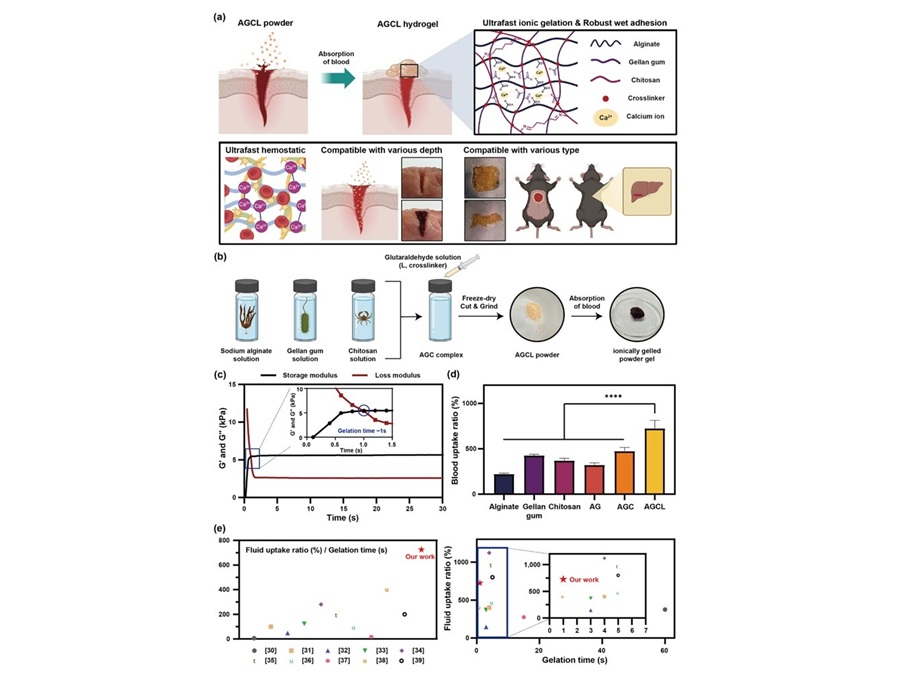
Sprayable Powder-Type Hemostatic Agent Stops Bleeding in One Second
Uncontrolled bleeding remains the leading cause of preventable death from injuries. Rapid blood loss can be fatal within minutes, especially when wounds are deep, irregular, or difficult to compress.... Read more
AI Model Helps Diagnose Often Undetected Heart Disease from Simple EKG
Coronary microvascular dysfunction is a common but elusive cause of chest pain that is frequently missed in emergency and outpatient settings. Unlike blockages in large coronary arteries, this condition... Read moreSurgical Techniques
view channel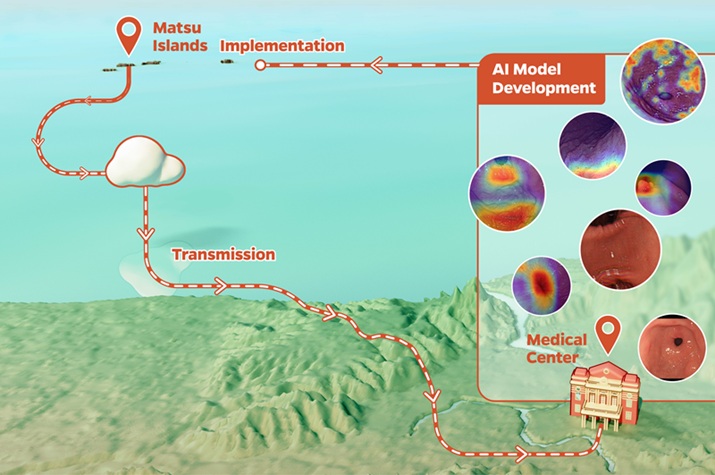
AI Detects Stomach Cancer Risk from Upper Endoscopic Images
In many parts of the world, doctors must make complex clinical decisions with limited access to specialist support, advanced diagnostics, or pathology services. This is especially challenging in gastrointestinal... Read more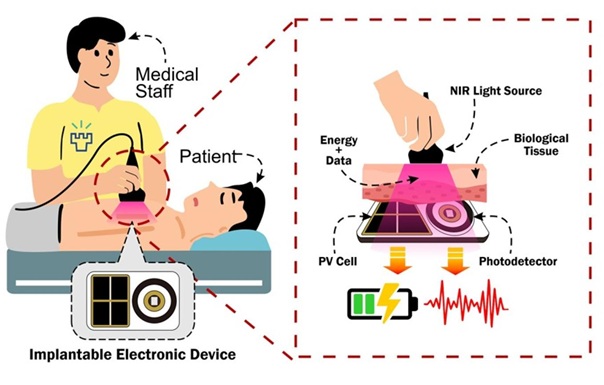
NIR Light Enables Powering and Communicating with Implantable Medical Devices
Implantable medical devices rely on wireless communication and long-lasting power sources to function safely inside the body, yet existing radio-based methods raise concerns around security, interference,... Read morePatient Care
view channel
Revolutionary Automatic IV-Line Flushing Device to Enhance Infusion Care
More than 80% of in-hospital patients receive intravenous (IV) therapy. Every dose of IV medicine delivered in a small volume (<250 mL) infusion bag should be followed by subsequent flushing to ensure... Read more
VR Training Tool Combats Contamination of Portable Medical Equipment
Healthcare-associated infections (HAIs) impact one in every 31 patients, cause nearly 100,000 deaths each year, and cost USD 28.4 billion in direct medical expenses. Notably, up to 75% of these infections... Read more
Portable Biosensor Platform to Reduce Hospital-Acquired Infections
Approximately 4 million patients in the European Union acquire healthcare-associated infections (HAIs) or nosocomial infections each year, with around 37,000 deaths directly resulting from these infections,... Read moreFirst-Of-Its-Kind Portable Germicidal Light Technology Disinfects High-Touch Clinical Surfaces in Seconds
Reducing healthcare-acquired infections (HAIs) remains a pressing issue within global healthcare systems. In the United States alone, 1.7 million patients contract HAIs annually, leading to approximately... Read moreHealth IT
view channel
EMR-Based Tool Predicts Graft Failure After Kidney Transplant
Kidney transplantation offers patients with end-stage kidney disease longer survival and better quality of life than dialysis, yet graft failure remains a major challenge. Although a successful transplant... Read more
Printable Molecule-Selective Nanoparticles Enable Mass Production of Wearable Biosensors
The future of medicine is likely to focus on the personalization of healthcare—understanding exactly what an individual requires and delivering the appropriate combination of nutrients, metabolites, and... Read moreBusiness
view channel
Philips and Masimo Partner to Advance Patient Monitoring Measurement Technologies
Royal Philips (Amsterdam, Netherlands) and Masimo (Irvine, California, USA) have renewed their multi-year strategic collaboration, combining Philips’ expertise in patient monitoring with Masimo’s noninvasive... Read more
B. Braun Acquires Digital Microsurgery Company True Digital Surgery
The high-end microsurgery market in neurosurgery, spine, and ENT is undergoing a significant transformation. Traditional analog microscopes are giving way to digital exoscopes, which provide improved visualization,... Read more
CMEF 2025 to Promote Holistic and High-Quality Development of Medical and Health Industry
The 92nd China International Medical Equipment Fair (CMEF 2025) Autumn Exhibition is scheduled to be held from September 26 to 29 at the China Import and Export Fair Complex (Canton Fair Complex) in Guangzhou.... Read more












